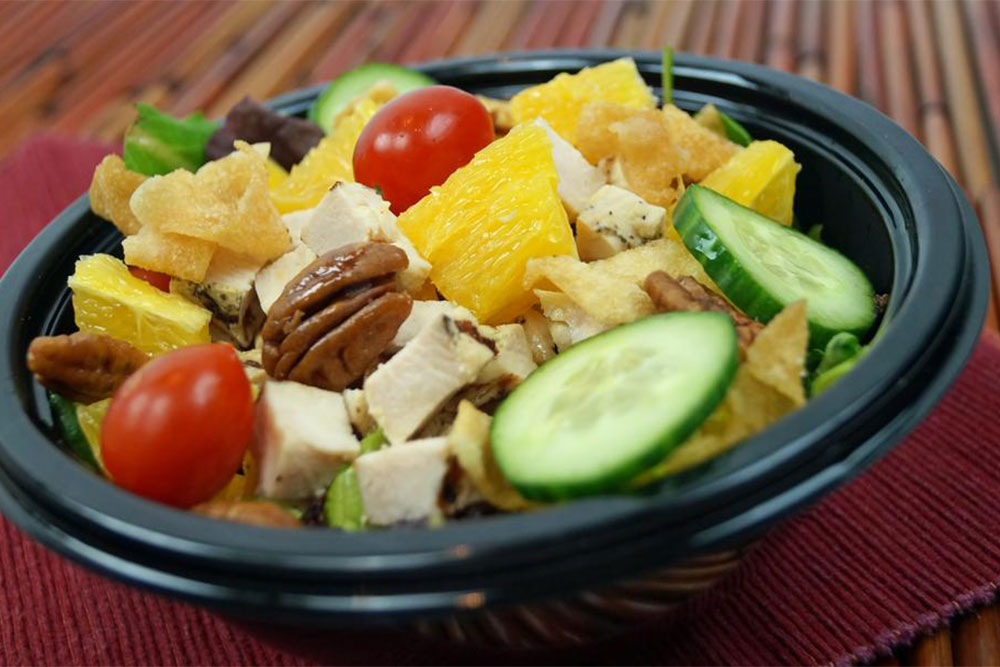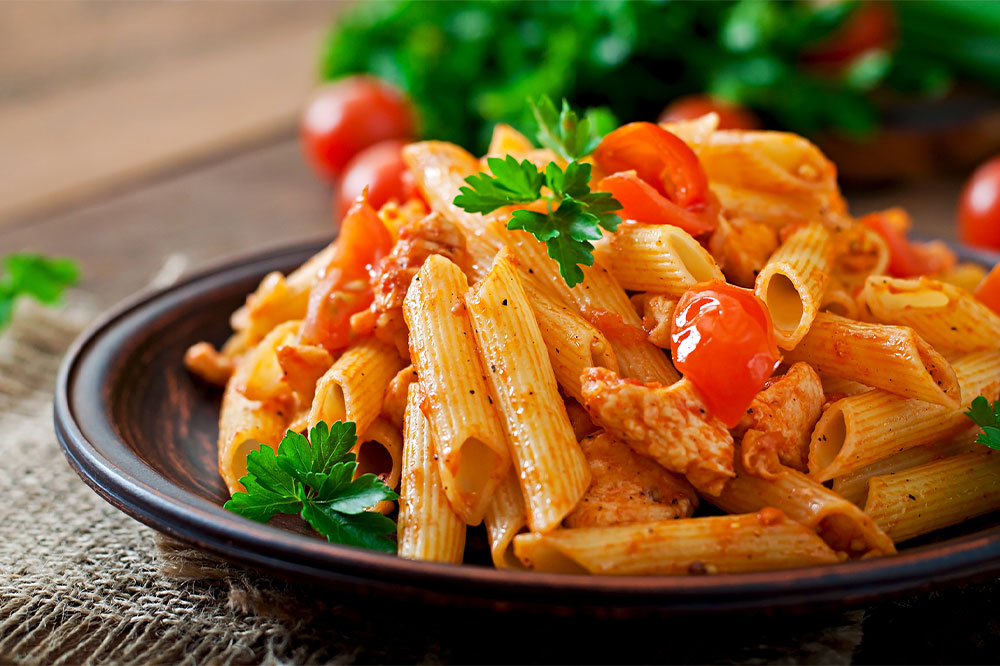Nutrition Tips to Increase Energy Levels for COPD Patients
This article offers practical diet and nutrition tips to boost energy for COPD patients. Emphasizing small, frequent meals, nutrient-rich foods, and healthy snacks, it guides individuals on managing fatigue and maintaining overall well-being through balanced eating habits tailored for COPD. Incorporating fiber, lean proteins, and fresh produce can significantly improve energy levels and health outcomes.
Sponsored

Nutrition Strategies to Boost Energy for COPD Sufferers
Chronic obstructive pulmonary disease (COPD) encompasses lung conditions such as chronic bronchitis, emphysema, and refractory asthma, leading to increased breathing difficulty.
Consuming energizing foods is vital for managing COPD. Even if weight loss is a concern, choose nutrient-dense options to maintain energy without excessive calories. This approach helps you stay energized and comfortable. If fatigue occurs during meals or breathing is challenging, opt for 4 to 6 smaller meals instead of three large ones.
Additionally, avoid overstuffing your stomach; eat enough to stay relaxed. Having a hearty breakfast can provide a good energy boost, especially since COPD can cause fatigue during the day. Keep healthy snacks like nuts handy to sustain energy levels and avoid unhealthy fats and cholesterol.
Oatmeal
Start your day with oatmeal, rich in vitamin A, iron, calcium, and fiber. Adding milk enhances nutrition, and the fiber helps you feel full with fewer calories. You can also top it with berries instead of processed sweeteners.
Cheese
Include cheese with vegetables, rice, or potatoes to increase calorie and nutrient intake. Opt for reduced-fat or part-skim varieties to boost calcium, important for bone health, especially since some COPD medications impact bones.
Milk
Drink more milk than water to benefit from vitamin D and calcium, keeping bones strong.
High-Fiber Foods
Aim for at least 30 grams of fiber daily through lentil or split pea soups, fresh vegetables, fruits, whole grain bread and cereals, brown rice, bran, and legumes.
Eggs
Include eggs in meals to increase energy levels. Use in baked dishes like meatloaf or combined with cheese and pasta. Always avoid raw eggs to prevent foodborne illnesses.
Fresh Produce
Consume plenty of fresh fruits and vegetables for vital nutrients and fiber. A balanced diet with more plant-based foods supports energy and overall health.
Vegetable and Fruit Shakes
Shakes rich in vitamin D and calcium, made with fruits and yogurt or milk, are ideal for COPD patients. Use low-fat dairy to maintain a healthy weight.
Starchy Vegetables
Carrots, corn, and beets are rich in minerals and vitamins, providing more calories than other vegetables.
Protein Sources
Include lean meats, fish, nuts, legumes, and poultry. Also, consider mashed potatoes and protein powders to support energy needs.






